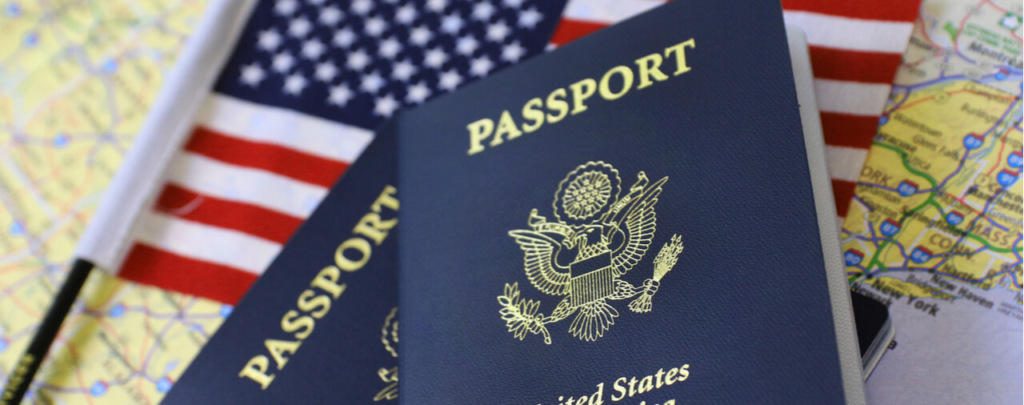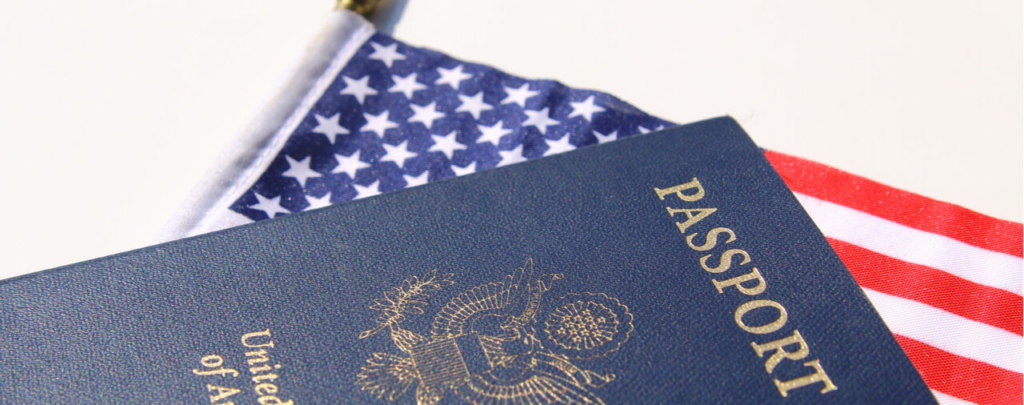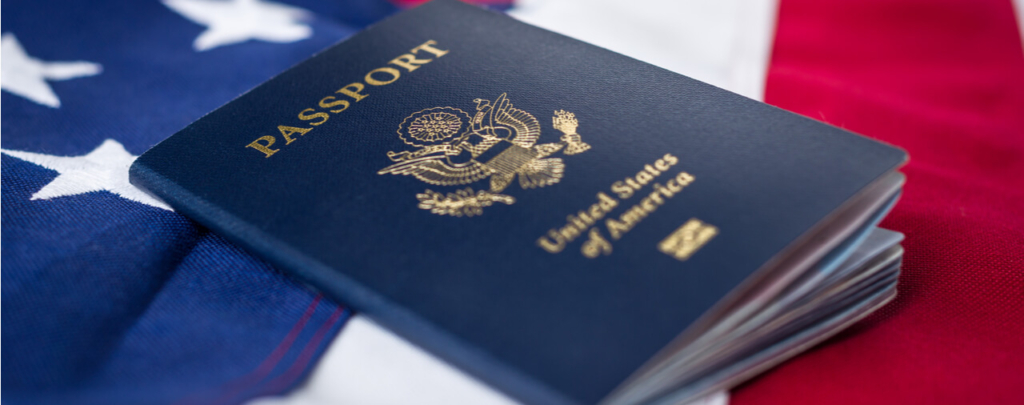- Introduction
- The Permanent Bars to Good Moral Character
- A. Murder
- B. Aggravated Felony Conviction After 1990
- C. Persecution, Genocide, Torture, or Severe Violations of Religions Freedom
- Conclusion
Introduction
An alien who is seeking naturalization, cancellation of removal, or a grant of voluntary departure must establish that he or she was a person of “good moral character” during the statutory period required for the benefit sought. The Immigration and Nationality Act (INA) includes two types of bars to the establishment of good moral character: conditional bars and permanent bars. If an alien is subject to a conditional bar to good moral character, he or she may be eligible for the benefit sought provided that the thing that caused the conditional bar to good moral character occurred outside of the statutory period for benefits or relief. However, if an alien is subject to a “permanent bar” to good moral character, he or she will be permanently precluded from establishing good moral character, regardless of whether the action that the alien committed to cause the permanent bar to attach occurred in the relevant statutory period.
In this article, we will study statutes, regulations, administrative guidance, and administrative guidance to examine the permanent bars to good moral character. Please see our related article to learn about the conditional bars to good moral character [see article].
In this article, we refer on many occasions to 8 C.F.R. 316.10. The following is the text of the regulation for your convenience [link].
The Permanent Bars to Good Moral Character
12-USCIS PM 4.F [link] sets forth the permanent bars to good moral character. In this section, we will examine each of the permanent bars.
A. Murder
Under regulations found in 8 C.F.R. 316.10(b)(1)(i), an alien who was at any time convicted of murder is permanently barred from establishing good moral character. Murder is also an aggravated felony under section 101(a)(43)(A) of the INA. However, a murder conviction is treated distinctly from other aggravated felony convictions, as we will see in the next subsection.
B. Aggravated Felony Conviction
Under section 101(f)(8) of the INA, a conviction for an aggravated felony is a bar to good moral character. However, as we will see, not all aggravated felony convictions are treated equally.
An alien who was convicted of an aggravated felony on or after November 29, 1990, is permanently barred from establishing good moral character for purpose of naturalization. This rule is found in regulations at 8 C.F.R. 316.10(b)(1)(ii). If the aggravated felony conviction in question was before November 29, 1990, the alien will not be permanently barred from establishing good moral character. However, a conviction for murder — which is an aggravated felony under section 101(a)(43)(A) — is a permanent bar to establishing good moral character regardless of when the conviction occurred (see previous subsection).
In addition, 8 C.F.R 316.10(a)(2) makes it explicit that the USCIS may consider acts that occurred outside of the statutory period required for establishing good moral character when determining whether an alien has met his or her burden of establishing good moral character. Therefore, in the case of an alien who was convicted of an aggravated felony before November 29, 1990, the USCIS-PM explains that the USCIS will “consider the seriousness of the underlying offense (aggravated felony) along with the applicant’s present moral character in determining whether the applicant meets the [good moral character] requirement.” The USCIS notes that if the applicant’s actions during the statutory period do not indicate that his or her moral character has been reformed, he or she may be found to have not established good moral character.
Please see our full article on aggravated felonies for a list of all of the aggravated felonies found in section 101(a)(43)(F) of the INA [see article]. Furthermore, we discuss specific aggravated felonies in our Criminal Aliens [see category] and Removal and Deportation Defense [see category].
C. Persecution, Genocide, Torture, or Severe Violations of Religions Freedom
Section 101(f)(9) of the INA permanently bars persons “who at any time engaged in conduct described in section 212(a)(3)(E) (relating to assistance in Nazi persecution, participation in genocide, or commission of acts of torture or extrajudicial killings) or in section 212(a)(2)(G) of [the INA] (relating to severe violations of religious freedom)” from establishing good moral character. Section 101(f)(9) lists four sets of offenses that render one permanently barred from establishing good moral character. Similarly to the bar on those with murder convictions, it does not matter when the acts occurred that cause an alien to be subject to section 212(a)(3)(E) or 212(a)(2)(G) for the alien to be permanently barred from establishing good moral character. We will examine them in the same order as does the USCIS-PM.
1. Nazi Persecutions
Section 212(a)(3)(E)(i)(I)-(IV) renders inadmissible “[p]articipants in Nazi persecution, genocide, or the commission of any act of torture or extrajudicial killing” between March 23, 1933, and May 8, 1945 (dates inclusive). The acts must have been committed under the direction of, or in association with:
The Nazi government of Germany;
Any government in any area occupied by the military forces if the Nazi government of Germany;
Any government established with the assistance or cooperation of the Nazi government of Germany; or
Any government which was an ally of the Nazi government of Germany.
The proscribed activities under this statute are ordering, inciting, assisting, or otherwise participating in the persecution of any person because of race, religion, national origin, or political opinion.
2. Genocide
The USCIS-PM explains that “[t]he criminal offense of ‘genocide’ includes any of the following acts committed in time of peace or time of war with the specific intent to destroy in whole or in substantial part a national, ethnic, racial, or religious group” by (paraphrased):
Killing members of the group;
Causing serious bodily injury to members of the group;
Causing the permanent impairment of the mental faculties of members of the group through drugs, torture, or similar techniques;
Subjecting the group to conditions of life that are intended to cause the physical destruction of the group in whole or in part;
Imposing measures to prevent births within the group; or
Transferring by force children of the group to another group.
The USCIS-PM cites these definitions from 18 U.S.C. 1091 and Article II of the United Nations Convention of on the Prevention and Punishment of the Crime of Genocide (78 U.N.T.S. 278 [Dec. 9, 1948]).
3. Torture or Extrajudicial Killings
This provision refers to aliens subject to section 212(a)(3)(E)(iii). Section 212(a)(3)(E)(iii) renders inadmissible any alien who, while outside the United States, “has committed, ordered, incited, assisted, or otherwise participated in the commission of”:
Torture (as defined in 18 U.S.C. 2340); or
Any extrajudicial killing (as defined in section 3(a) of the Torture Victim Protection Act of 1991 (28 U.S.C. 1350 note) under the color of law of any foreign nation.
The USCIS-PM explains that, under 18 U.S.C. 2340, “torture” is any act committed under the color of law “specifically intended to inflict severe mental pain or suffering (other than pain or suffering incidental to lawful sanctions) upon another person within his or her custody or physical control.”
The USCIS-PM explains that under 28 U.S.C. 1350, an “’extrajudicial killing’ is defined as a deliberated killing not authorized by a previous judgment pronounced by a regularly constituted court affording all the judicial guarantees, which are recognized as indispensable by civilized peoples.”
It is important to note that both “torture” and “extrajudicial killing” have technical definitions with specific statutory requirements.
4. Particularly Severe Violations of Religious Freedom
The final permanent bar to good moral character refers to aliens who are inadmissible under section 212(a)(2)(G) of the INA for “particularly severe violations of religious freedom.” An alien is inadmissible under section 212(a)(2)(G) if, “while serving as a government official, he or she was responsible for or directly carried out, at any time, particularly severe violations of religious freedom, as defined in [22 U.S.C. 6402].”
The USCIS-PM explains that 22 U.S.C. 6402 covers violations of religious freedom such as:
Torture or cruel, inhuman, or degrading treatment or punishment;
Prolonged detention without charges;
Causing the disappearance of persons by the abduction or clandestine detention of those persons; or
Other flagrant denial of the right to life, liberty, or the security of persons.
Conclusion
Being subject to a permanent bar to good moral character will render an alien unable to be naturalized in the United States. If an alien believes that he or she may be subject to a permanent bar to good moral character, it is important to consult with an experienced immigration attorney for guidance before seeking naturalization or any form of relief that would preclude the establishment of good moral character. If an alien is facing criminal charges, he or she should consult with an experienced immigration attorney, along with a criminal attorney, for an understanding of the effect that different outcomes of the criminal proceedings may have on his or her future immigration prospects.
Please see our website’s category on Citizenship and Naturalization to learn more about the requirements for seeking naturalization in the United States [see category].





